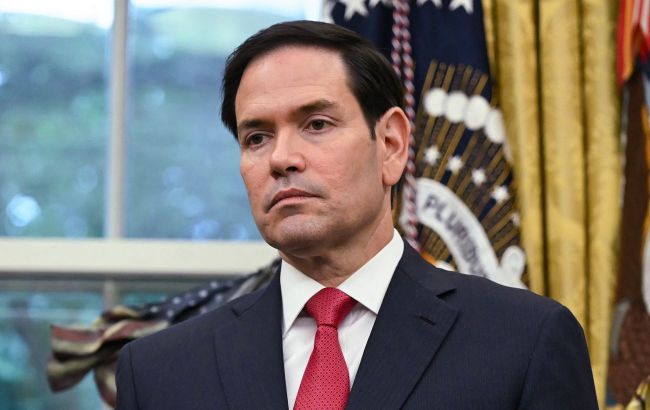Trump changes his mind about Ukraine: Financial Times reveals who influenced him
 Photo: Marco Rubio (Getty Images)
Photo: Marco Rubio (Getty Images)
US Secretary of State Marco Rubio has become one of the key architects of Washington’s foreign policy toward Ukraine. He regularly advises President Donald Trump on the Ukrainian issue, the Financial Times reports.
According to the outlet, while serving as a senator, Rubio was a staunch supporter of US aid to foreign countries, longstanding Washington alliances, and the power of American diplomacy as a force for good in the world. He emphasized the need to stand up to dictators.
Under Trump, the country that was the backbone of the postwar world order slid into isolationism with the slogan America First.
Critics accuse Rubio of opportunism, claiming he cynically abandoned his core beliefs for career advancement.
However, according to the Financial Times, Rubio not only did not abandon his values but also defended them by influencing Trump to adopt a more aggressive stance toward countries like China, Iran, Russia, and Venezuela.
One of his friends and former aides said that regarding China, Russia, Ukraine, and Iran, there is a revival of American foreign policy and a reaffirmation of America’s role in the world.
According to him, much of this is due to the daily consultations Rubio provides to the President and other members of the administration.
The Financial Times writes that Rubio is now probably the most influential secretary in the President’s cabinet. In addition to his role as Secretary of State, he also acts as a national security advisor, serves as administrator of USAID, and acts as head of the National Archives and Records Administration.
The head of Ukraine’s intelligence, Kyrylo Budanov, stated that there are currently no enemies of Ukraine within President Donald Trump’s team. According to him, Rubio supports increasing aid to Kyiv.
On July 14, US President Donald Trump gave Vladimir Putin 50 days to stop military actions against Ukraine. Otherwise, the US President promised to impose harsh sanctions on Russia, which would also affect buyers of Russian oil.

